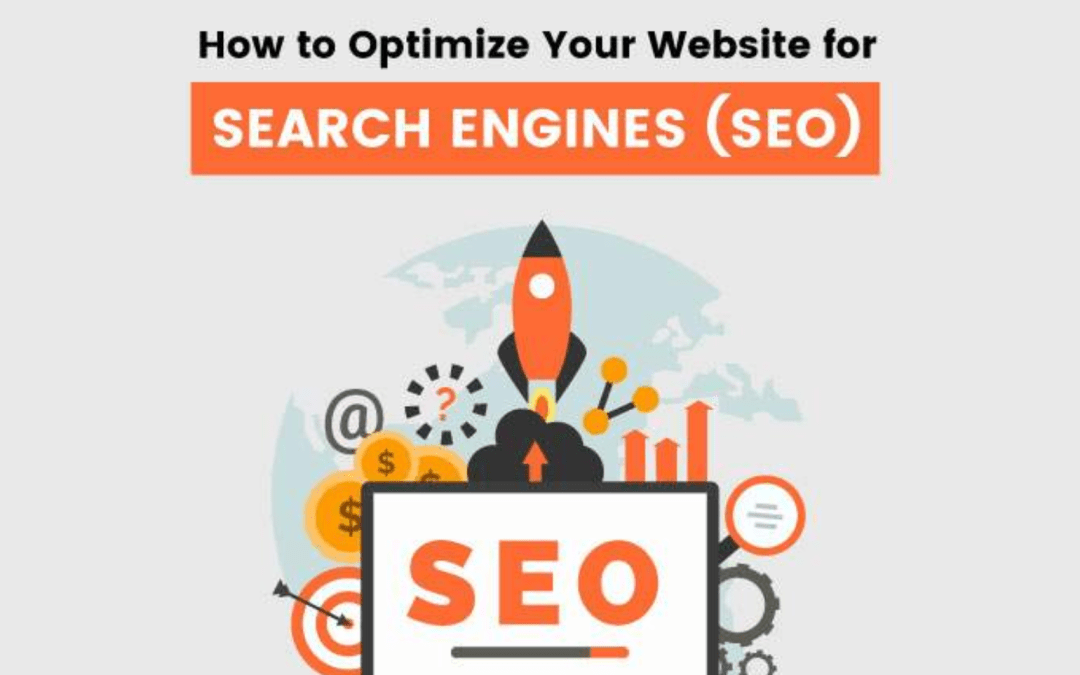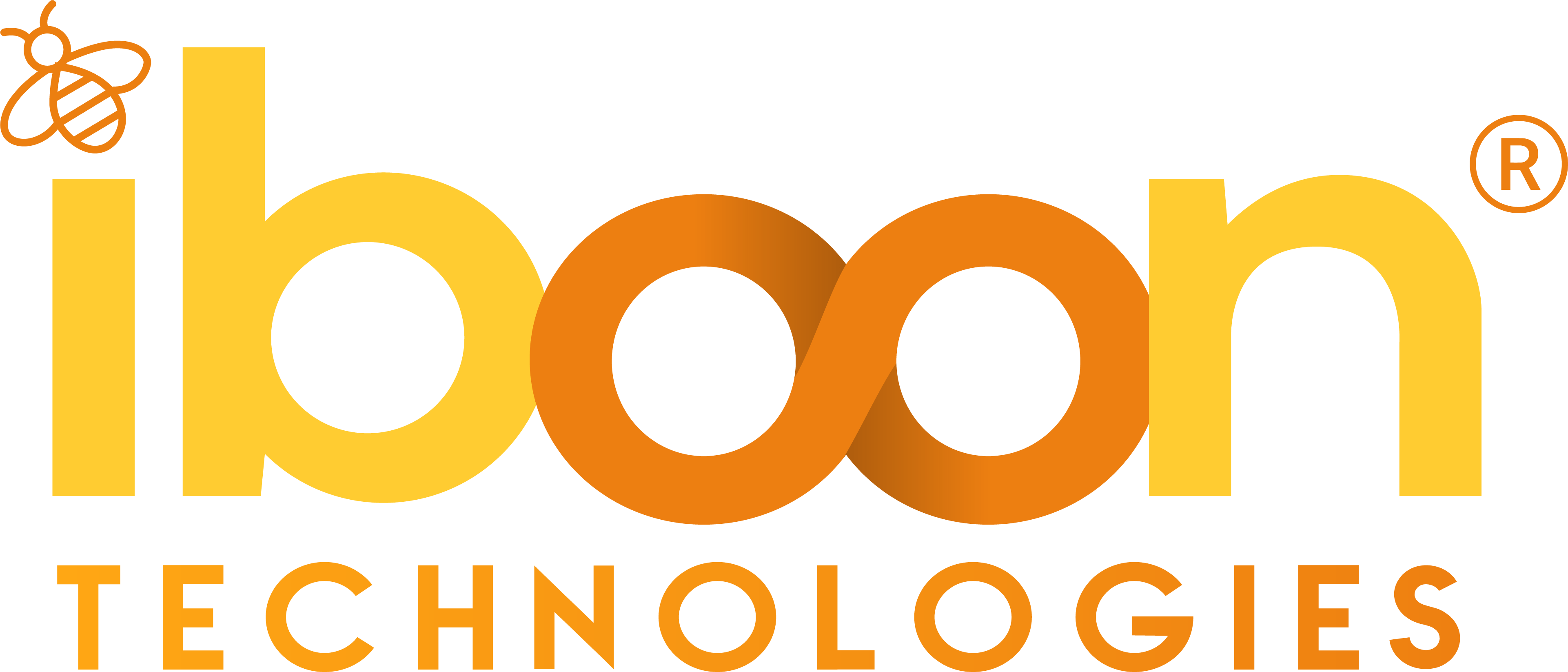Introduction:
In today’s digital world, having a website is crucial for businesses of all sizes. However, simply having a website is not enough. To stand out among the competition, your website needs to be optimized for search engines. This is where search engine optimization (SEO) comes in. By improving your website’s SEO, you can increase the visibility of your website on search engine results pages (SERPs) and drive more traffic to your website. In this article, we will discuss how to optimize your website for search engines.
Section 1: Understanding Search Engine Optimization
Definition of SEO
SEO is the practice of optimizing your website to increase its visibility on search engine results pages. It involves a variety of techniques and strategies that are designed to improve the quality and relevance of your website’s content.
Importance of SEO in Digital Marketing
SEO is a crucial component of digital marketing and website development service. It can help you reach more potential customers by improving your website’s visibility on search engine results pages. By appearing higher in search results, your website is more likely to be clicked on by users, which can drive more traffic to your website and increase your chances of converting those visitors into customers. A well-designed website with a strong SEO strategy can help your business establish a strong online presence and compete effectively in your industry.
Key Components of SEO
There are three key components of SEO: on-page optimization, off-page optimization, and technical optimization.
On-Page Optimization
On-page optimization refers to the process of optimizing individual web pages on your website. This includes optimizing your content for relevant keywords, ensuring that your website is easy to navigate, and optimizing your website’s metadata (e.g., page titles and descriptions).
Off-Page Optimization
Off-page optimization refers to the process of improving the visibility and reputation of your website outside of your own website. This includes building high-quality backlinks to your website from other reputable websites and social media platforms.
Technical Optimization
Technical optimization refers to the process of optimizing the technical aspects of your website to ensure that it is easy for search engines to crawl and index. This includes optimizing your website’s load speed, ensuring that it is mobile-friendly, and fixing any technical errors or issues that may be affecting your website’s performance.
Explanation of Search Engine Algorithms
Search engine algorithms are complex formulas that determine which websites appear on search engine results pages for specific search queries. These algorithms take into account a wide range of factors, including keyword relevance, website quality, and user engagement metrics.
Section 2: SEO Optimization Tools
Explanation of Various SEO Tools
There are a variety of SEO tools available that can help you optimize your website for search engines. These tools can help you identify relevant keywords, analyze your website’s performance, and track your search engine rankings.
How to Use These Tools to Improve SEO Performance
To use SEO optimization tools effectively, you should first identify which tools are best suited to your needs. Once you have selected the right tools, you can use them to identify areas where your website needs improvement and track your progress over time.
Comparison of Different Tools and Their Functionalities
There are many SEO optimization tools available, and each has its own unique set of features and functionalities. By comparing different tools, you can find the best tool for your needs and optimize your website more effectively.
Section 3: Search Engine Optimization Techniques
Explanation of Various SEO Techniques
There are many different techniques that can be used to optimize your website for search engines. These include keyword research, content optimization, and link building.
How to Implement These Techniques on Your Website
To implement these techniques effectively, you should first identify which techniques are best suited to your website’s needs. Once you have selected the right techniques, you can start implementing them on your website. For example, if you identify that your website has low-quality content, you can begin optimizing your content by adding relevant keywords, improving your website’s readability, and ensuring that your content is engaging and informative.
Examples of Successful SEO Campaigns
There are many examples of successful SEO campaigns that have helped businesses improve their search engine rankings and drive more traffic to their websites. For example, a local bakery might use SEO techniques to optimize their website for local search queries, such as “best cupcakes in [city name].” By implementing these techniques, the bakery could increase their visibility on local search results pages and attract more customers to their shop.
Section 4: How to Do SEO Yourself
Step-by-Step Guide to Doing SEO for Your Website
If you’re new to SEO, it can be daunting to know where to start. However, with a bit of guidance, you can begin optimizing your website for search engines. Here’s a step-by-step guide to getting started:
- Conduct a website audit: Use an SEO tool to identify areas where your website needs improvement, such as keyword usage, website structure, and page load speed.
- Conduct keyword research: Identify relevant keywords and phrases that you want to target on your website.
- Optimize your website’s on-page elements: Ensure that your website’s metadata, content, and images are optimized for relevant keywords.
- Build high-quality backlinks: Reach out to other websites and ask if they can link to your website.
- Monitor your website’s performance: Use an SEO tool to track your website’s performance over time and make adjustments as necessary.
Tips and Best Practices for SEO Optimization
To optimize your website for search engines, there are several best practices that you should follow. These include:
- Conducting thorough keyword research and using relevant keywords throughout your website
- Creating high-quality, engaging content that provides value to your website visitors
- Building high-quality backlinks from reputable websites
- Ensuring that your website is mobile-friendly and loads quickly
- Regularly monitoring your website’s performance and making adjustments as necessary
Common Mistakes to Avoid in SEO
There are also several common mistakes that businesses make when trying to optimize their website for search engines. These include:
- Stuffing keywords into your content unnaturally
- Building low-quality backlinks from spammy websites
- Neglecting technical aspects of your website, such as page load speed and mobile-friendliness
- Focusing solely on search engine rankings instead of providing value to your website visitors
Conclusion:
Optimizing your website for search engines is an ongoing process that requires effort and patience. By following the best practices outlined in this article, you can improve your website’s search engine rankings and drive more traffic to your website. Remember to conduct regular website audits, conduct thorough keyword research, create high-quality content, and build high-quality backlinks to your website. With time and effort, you can achieve success with SEO and grow your business online.
FAQs for Search Engine Optimization and SEO Techniques
Q: What is search engine optimization (SEO)?
A: SEO is the practice of optimizing your website to increase its visibility on search engine results pages (SERPs). It involves a variety of techniques and strategies that are designed to improve the quality and relevance of your website’s content.
Q: What are some common search engine optimization techniques?
A: Some common SEO techniques include keyword research, on-page optimization, off-page optimization, and technical optimization. Keyword research involves identifying relevant keywords that your target audience is searching for. On-page optimization refers to optimizing individual web pages on your website, including optimizing your content for relevant keywords and ensuring that your website is easy to navigate. Off-page optimization involves building high-quality backlinks to your website from other reputable websites and social media platforms. Technical optimization involves optimizing the technical aspects of your website to ensure that it is easy for search engines to crawl and index.
Q: What are some SEO optimization tools that I can use?
A: There are many SEO optimization tools available that can help you optimize your website for search engines. Some popular tools include Google Analytics, Google Search Console, Ahrefs, and Moz. These tools can help you identify relevant keywords, analyze your website’s performance, and track your search engine rankings.
Q: How important is SEO in digital marketing?
A: SEO is a crucial component of digital marketing. It can help you reach more potential customers by improving your website’s visibility on search engine results pages. By appearing higher in search results, your website is more likely to be clicked on by users, which can drive more traffic to your website and increase your chances of converting those visitors into customers.
Q: Can I do SEO myself?
A: Yes, you can do SEO yourself. However, it can be a complex and time-consuming process, and it requires a good understanding of search engine algorithms and best practices. If you have the time and resources to dedicate to learning and implementing SEO techniques, then you can certainly do it yourself. Alternatively, you can work with an experienced SEO professional to help you optimize your website for search engines.
Q: What are some common mistakes to avoid in SEO?
A: Some common SEO mistakes to avoid include keyword stuffing, using irrelevant or low-quality backlinks, ignoring mobile optimization, and failing to create high-quality, engaging content. It’s important to focus on creating high-quality content that is relevant to your target audience and using SEO techniques in a way that enhances the user experience rather than detracting from it.
- SEO is the practice of optimizing your website to increase its visibility on search engine results pages (SERPs).
- Keyword research, on-page optimization, off-page optimization, and technical optimization are some common SEO techniques.
- Popular SEO optimization tools include Google Analytics, Google Search Console, Ahrefs, and Moz.
- SEO is a crucial component of digital marketing and can help you reach more potential customers.
- While you can do SEO yourself, it can be complex and time-consuming.
- Some common SEO mistakes to avoid include keyword stuffing, using irrelevant or low-quality backlinks, ignoring mobile optimization, and failing to create high-quality, engaging content.
Overall, optimizing your website for search engines is an important step in improving your online visibility and driving more traffic to your website. By understanding and implementing effective SEO techniques, you can improve your search engine rankings and increase your chances of reaching and converting potential customers.
Looking for an experienced search engine optimization (SEO) expert to help improve your website’s online visibility and attract more organic traffic? Contact us today to learn more about our SEO services and how we can help you achieve your business goals.


